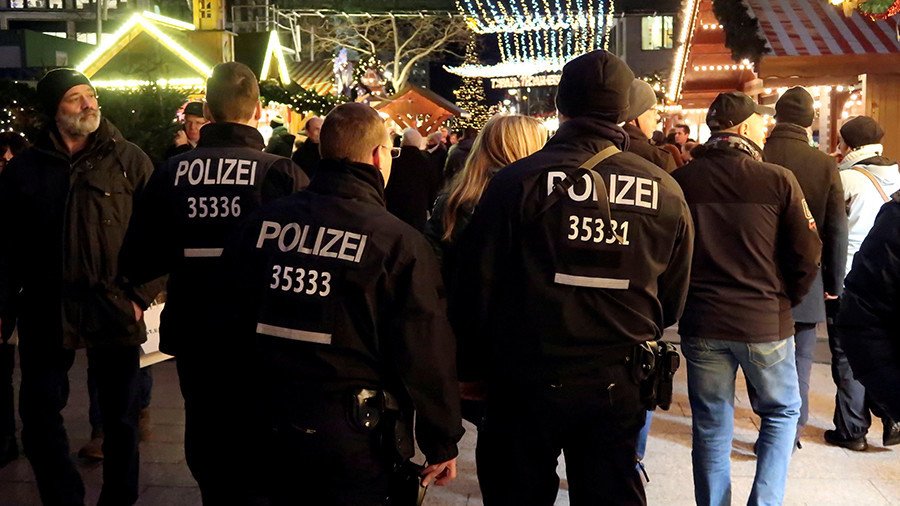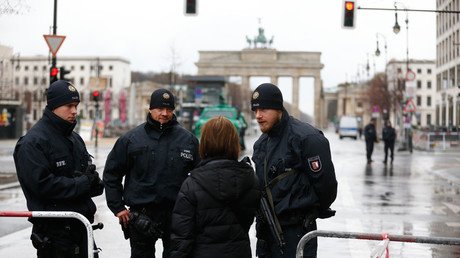Police have arrested several people in Berlin and Cologne over suspected sexual assault against women during New Year’s Eve celebrations, police and media say. Most of the suspects were young men from Syria and Afghanistan.
At least seven people were arrested for sexual assault in the German capital, police said, as cited by Die Welt newspaper.
The incidents took place during a New Year’s Eve festival at Berlin’s Brandenburg Gate area, which drew hundreds of thousands of spectators, according to the event’s organizers.
“Cases of sexual assaults were unfortunately reported during Welcome2018 events in Berlin. We do not tolerate such acts. Suspects were arrested,” Berlin police tweeted on Monday morning.
In most cases, women were “groped between their legs or their buttocks,” Thomas Neuendorf from the Berlin police press office told Ruptly. “The suspects were predominantly young men from Syria or Afghanistan,” he said.
In Cologne, nine women claimed to have been touched inappropriately during the celebrations, a police spokesman said on Monday, adding that three suspects were identified. German media reported that these three suspects were later arrested. The spokesman, however, noted that there were no incidents like those of the notorious New Year’s Eve celebrations in Cologne two years ago.
Police in Hamburg stated that they received “a very small number” of reports of sexual assaults during New Year’s Eve celebrations. Munich police have yet to assess the situation. “Experience shows that such a thing [sexual assault] often emerges only one or two days later,” a Munich police spokesman said.
Germany has witnessed a surge in sexually-motivated attacks during mass public events in recent years. On New Year’s Eve in 2015, a wave of sexual assaults, as well as thefts and robberies targeting women, swept through a number of German cities, including Dusseldorf, Hamburg, Frankfurt, and Stuttgart.
One of the largest incidents was reported in Cologne, where “heavily intoxicated” men of “Arab or North African” origin allegedly attacked local women en masse in the city center on New Year’s Eve. Investigators gathered evidence to prove there were over 1,500 criminal cases on New Year’s Eve, with more than 1,200 victims across the country, German media reported. Subsequent probes, however, have since stalled, as CCTV footage from the scene turned out to be of low quality, while the victims failed to identify their attackers.
In an attempt to curb sexually-motivated crimes, ‘safety areas’ for women were introduced in Berlin this year. Women subjected to sexual offences or who otherwise felt harassed during the celebrations were able to seek shelter in tents set up by the German Red Cross and report potential crimes there. The measure was met with criticism from the head of Germany’s Police Union, saying it implies that women celebrating outside the zone won’t be safe.


